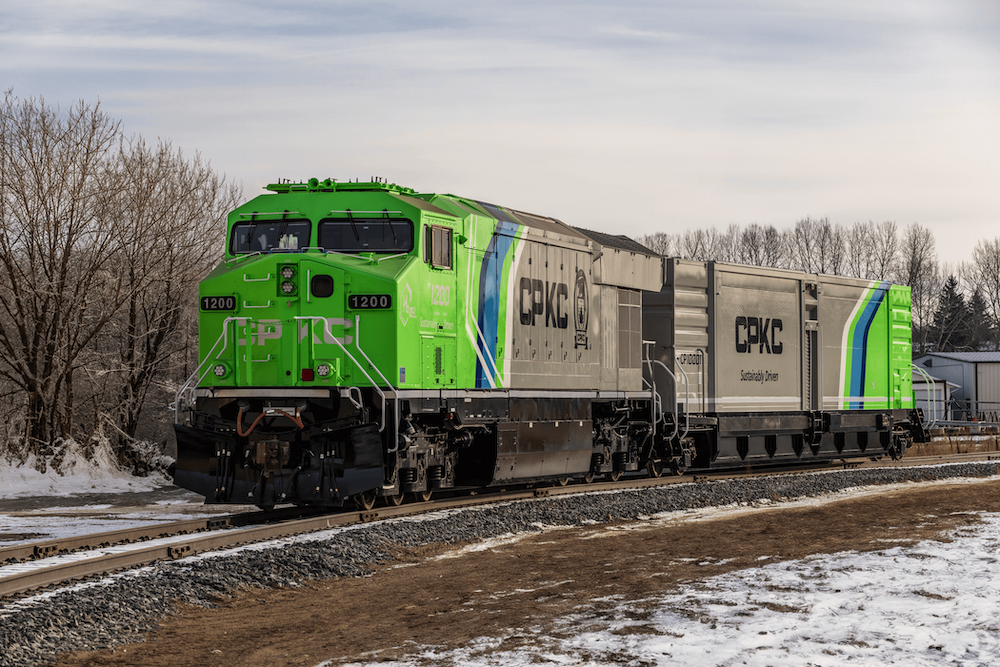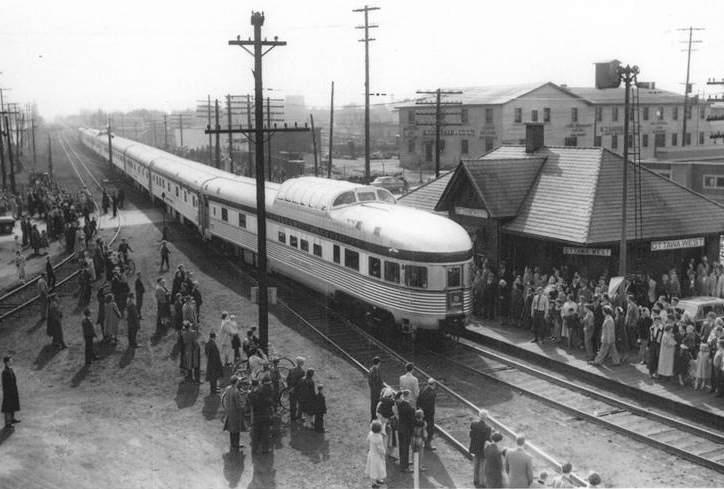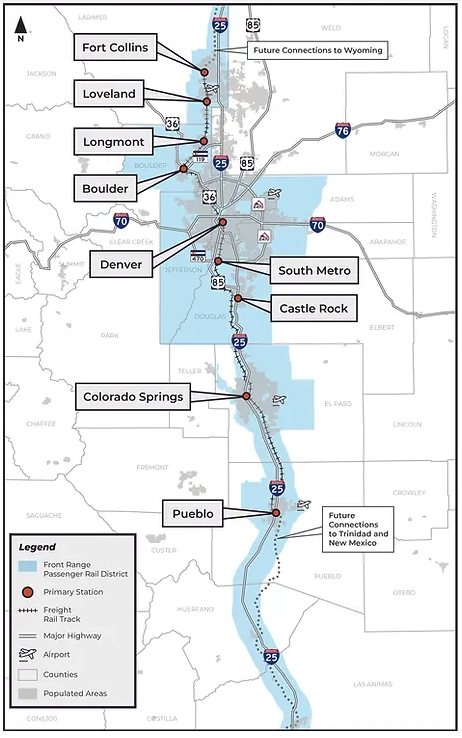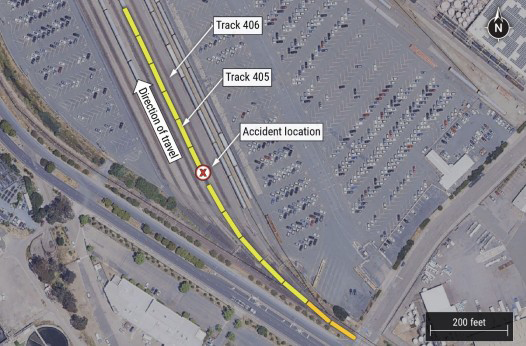
VANCOUVER, British Columbia — Canadian Pacific Kansas City has ordered an additional 98 fuel cell engines for its hydrogen locomotive program, supplier Ballard Power Systems announced today (Dec. 5).
The 98 engines each are capable of generating approximately 200 kilowatts, giving the total order about 20 megawatts of power. Ballard has previously supplied approximately 10 mW of power for the CPKC hydrogen locomotives already in operation. Delivery of the new engines is expected in 2025.
“We are thrilled with the opportunity to further develop our strategic relationship with CPKC to decarbonize not only their locomotive fleet but also participate in the electrification of freight rail across North America,” Ballard CEO Randy MacEwen said in a press release. “This order represents a step forward in CPKC’s decarbonization vision and confidence in hydrogen fuel cells as a potential long-term replacement of diesel engines, providing the environmental benefits along with long range, fast refueling, heavy payloads, and cold weather operation.”
CPKC is currently testing the first high-horsepower road locomotive in its hydrogen program [see “CPKC hydrogen locomotive completes first coal haul testing,” Trains News Wire, Sept. 18, 2024]. The railroad also has two other hydrogen locomotives in local service in Alberta.














Other RR’s fuel cell locos have some being sidelined. Could it be the rough and tumble RR environment causes items to break in the fuel cells? If CP can keep these locos on well maintained lines only??
but candian pacific kansas city said they are palnning to run diesel locomotives on bio fuels too as well as hydrogen
From the article:
“Ballard has previously supplied approximately 10 mW of power for the CPKC hydrogen locomotives already in operation.”
Ten milliwatts?!? Heck, a D-cell can provide that much; hardly a bragging point, methinks.
10 “MW” (megawatts) of supplied power.
The news release doesn’t mention government funding; all prior locomotives had federal and Alberta government significant funding. Is this strictly a private sector purchase?
I assume hydrogen is “gray” from splitting methane and creating H2 and lots of CO2, so hardly “green”
Most hydrogen today comes from using natural gas and water with the SMR process, that is considered grey due to CO2 releases to the air.
Blue hydrogen is when the CO2 is stored geologically.
Green hydrogen is made using electrolysis with the power supplied by solar or hydro.
Turquoise hydrogen is created through pyrolysis. Exposing organics to high temperatures with no oxygen until their hydrogen is released.
Of course…we can’t expect Keith Creel to spend much of his railroads money when he can get government to do it for him. So typical. He can’t pay for the mistake in paying 31 billion for KCS so he hope to get the feds to pay for his dalliance’s in technology. Don’t expect the same response in the US Keith my boy… CPkc will be on its own…